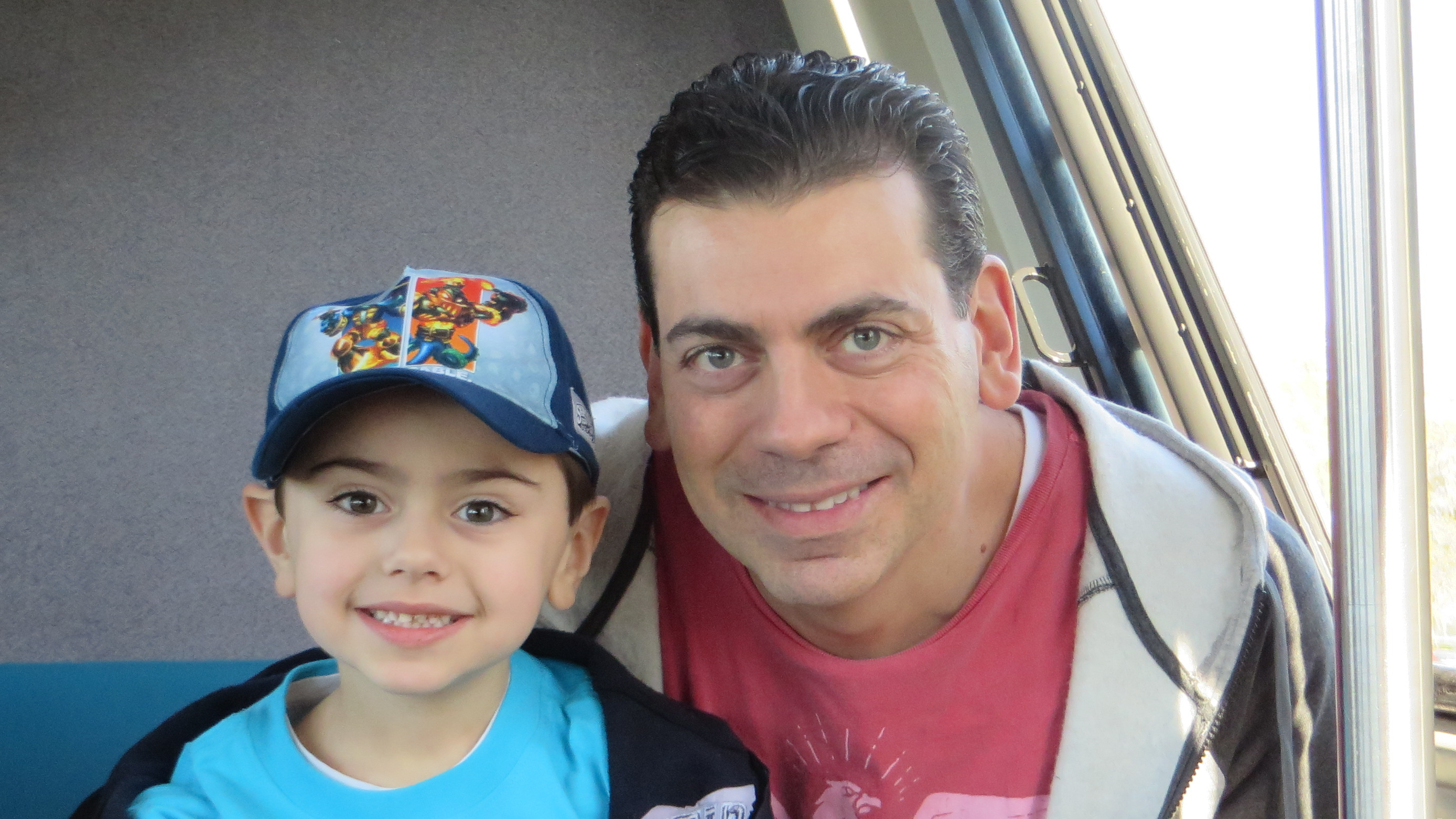Attending Hofstra as an undergraduate in the computer science department was a great learning experience. At Hofstra I focused on academics and tutored other students on databases and programming. By teaching others I was able to reinforce what I had learned in the classroom.
One of my favorite classes at Hofstra was a class in Artificial Intelligence. Although an undergraduate class, the professor treated it as if it were a graduate class and required that each student teach 1/2 a class session on various AI topics. My research paper and topic was Heuristic algorithms with specific focus on the A* algorithm. This assignment was a unique experience, it really focused on preparation and provided everyone with the opportunity to present in front of others; a skill that has helped me throughout my career.






